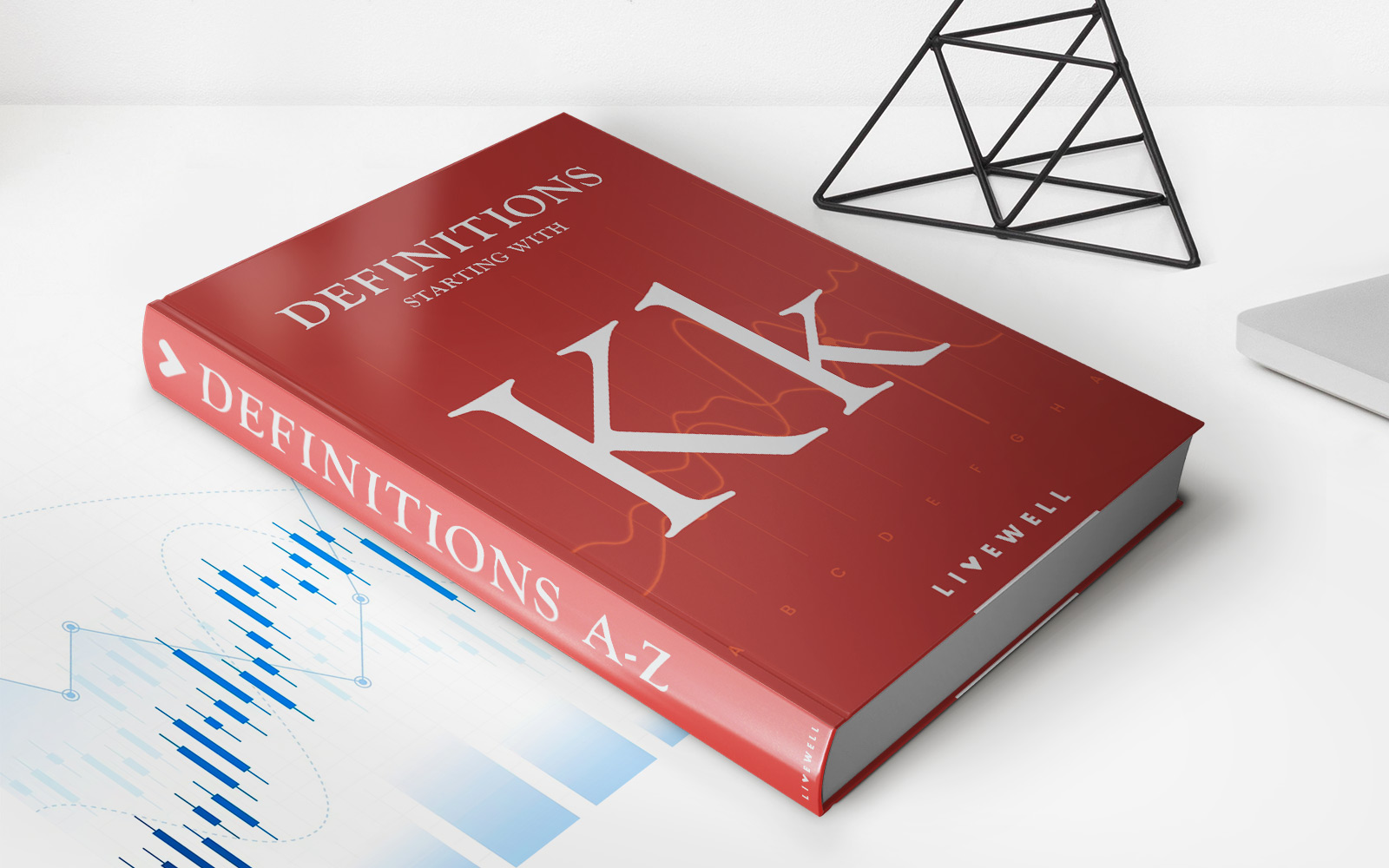Home>Finance>Compulsory Insurance Definition, Types, How It Works


Finance
Compulsory Insurance Definition, Types, How It Works
Published: October 31, 2023
Learn about compulsory insurance in finance, including its definition, different types, and how it works. Protect your financial stability with the right coverage.
(Many of the links in this article redirect to a specific reviewed product. Your purchase of these products through affiliate links helps to generate commission for LiveWell, at no extra cost. Learn more)
Compulsory Insurance: Definition, Types, and How It Works
Do you ever wonder what would happen if you were involved in an accident and didn’t have insurance? Well, that’s where compulsory insurance comes into play. In this blog post, we will delve into the definition, types, and how compulsory insurance works to protect you financially in various situations.
Key Takeaways:
- Compulsory insurance is a type of coverage that is required by law, ensuring that individuals or businesses are protected from potential risks or liabilities.
- There are various types of compulsory insurance, including auto insurance, workers’ compensation insurance, and professional liability insurance.
Understanding Compulsory Insurance
Compulsory insurance, as the name suggests, is a type of coverage that is mandatory according to the law. It protects individuals or businesses from the potential risks and liabilities associated with certain activities or circumstances. Without compulsory insurance, people would be left vulnerable to financial hardships resulting from accidents, injuries, or damages.
Now that we understand the importance of compulsory insurance, let’s explore some of the most common types:
Auto Insurance
When you own a vehicle, auto insurance is typically required by law. This type of compulsory insurance provides coverage to protect you and others in the event of an accident or damage to your vehicle. It ensures that you can fulfill your financial responsibilities in case of bodily injury or property damage caused by your vehicle.
Workers’ Compensation Insurance
If you run a business and have employees, workers’ compensation insurance is compulsory in most jurisdictions. This insurance covers the costs of medical treatment, lost wages, and rehabilitation for employees who are injured or become ill as a result of their work. It safeguards both the employer and the employee by providing financial support for workplace accidents or injuries.
Professional Liability Insurance
Professionals, such as doctors, lawyers, and architects, are often required to carry professional liability insurance. This type of compulsory insurance protects professionals from potential claims or lawsuits arising from errors, negligence, or malpractice in the course of their work. It ensures that professionals can cover legal costs, settlements, or damages awarded against them.
Now that we have explored these three common types of compulsory insurance, let’s dive into how it works:
How Compulsory Insurance Works
When you purchase compulsory insurance, you enter a contractual agreement with an insurance company. In exchange for paying regular premiums, the insurer agrees to cover you or your business in the event of a covered claim. If you are involved in an incident, such as an accident or injury, you can file a claim with your insurance company. They will then investigate the claim, and if approved, provide financial assistance based on the terms and conditions of the policy.
It’s important to note that each type of compulsory insurance has its own specific coverage limits, deductibles, and exclusions. It is vital to thoroughly understand your policy and its terms to ensure that you have the necessary protection in place.
In Conclusion
Compulsory insurance is a crucial aspect of financial protection in various scenarios. Whether it’s auto insurance, workers’ compensation insurance, or professional liability insurance, these mandatory coverages provide a safety net for individuals and businesses alike. By understanding the types and workings of compulsory insurance, you can ensure that you have the necessary coverage to safeguard yourself and your assets.
So, the next time you encounter the term “compulsory insurance,” you can confidently navigate through the intricacies, knowing its importance in protecting your financial well-being.














